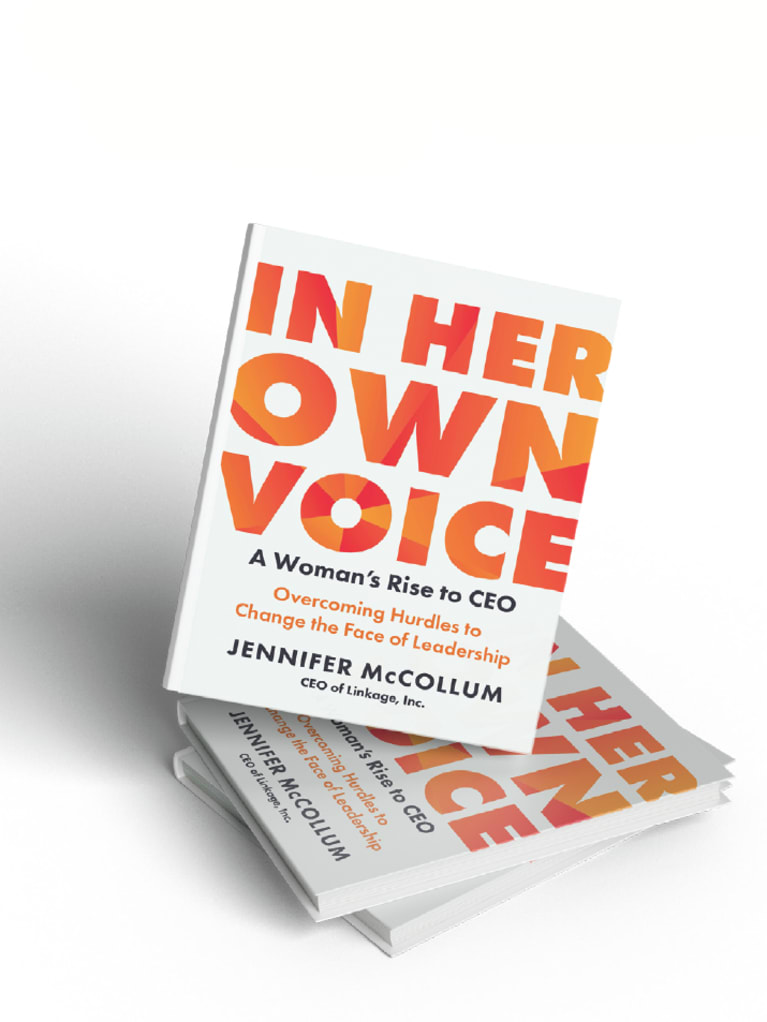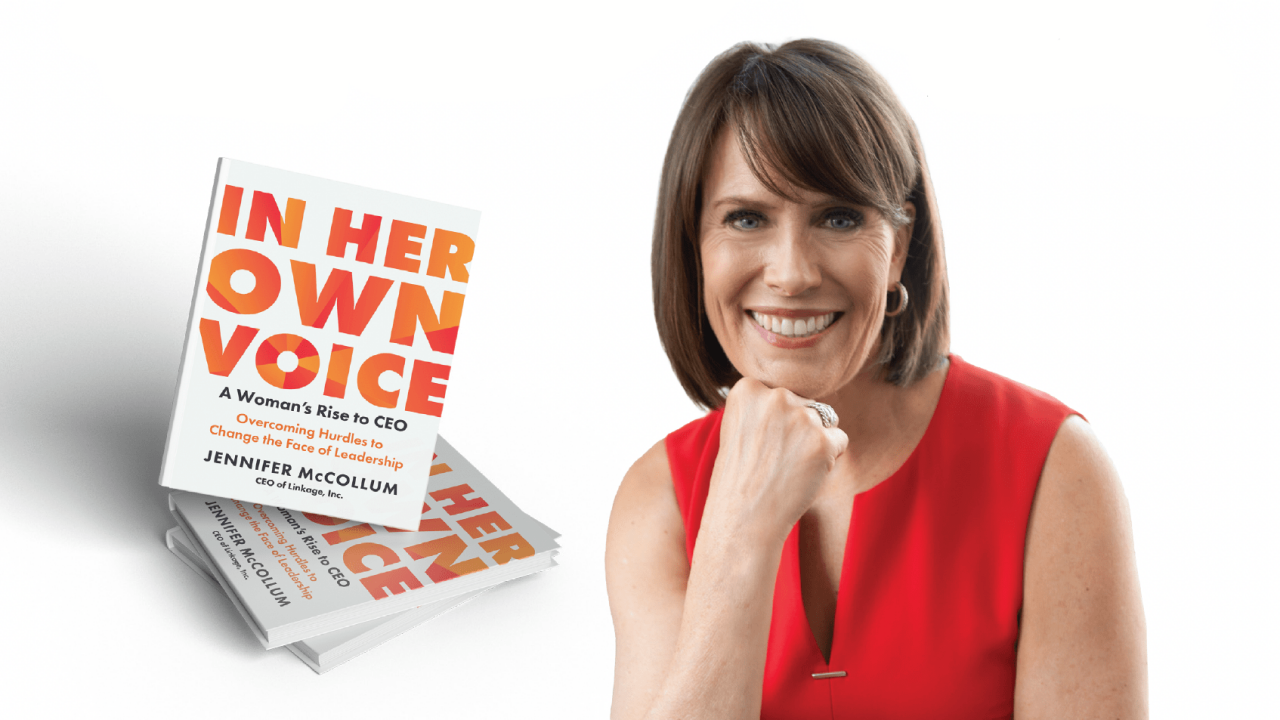In many ways, the journey to overcoming hurdles is a deeply personal one, and one that looks different for each woman. But before we can talk about you—the individual woman who wants to grow, advance and help others be all they can be—we must acknowledge the reality of the environment around us. No woman is an island. We must contend with the implied "rules" and expectations of the society in which we live and lead.
Our society doesn't always view women the way we might wish to be viewed. Specifically, it doesn't view us the way it views men; it has different expectations for us based upon well-documented biases. At times, this reality isn't a problem. But many other times, like when we are trying to reach higher levels of leadership, external bias is incredibly frustrating and limiting.
In short, gender bias occurs when people show favoritism toward one gender over another. Whether this behavior is conscious or unconscious, the result is that men and women are treated differently. Today, gender bias generally refers to the preferential treatment men— specifically white heterosexual men—receive. This does not make men the bad guys. It's a reality resulting from a long history of certain societal expectations and experiences that we have all internalized.
Bias is hardwired into our brains to help us make sense of the world quickly. It helps us cope with complexity, reduce danger and make decisions. The challenge becomes when biases transform into prejudice, differential treatment and inequality based on specific demographics.
A clear example of bias against women is inequitable treatment when it comes to pay. The pay gap between men and women starts as early as age 16, and the lifetime loss of earnings of women over 40 compared to men overall is $406,280. It's even worse for Black women at $964,400 and Latinas at $1,163,920. Additional biases include inequitable access to mentors and sponsors, promotion potential, and selection for senior roles. There is evidence, however, that awareness of these external biases has shifted significantly over the last five years.
The #MeToo movement in 2017 brought gender bias to the forefront, shedding light on the sexual abuse and harassment women have historically faced in the workforce. While the movement began in 2006 when activist Tarana Burke coined the term, it received mainstream recognition following the severe sexual assault allegations against Harvey Weinstein. The movement surfaced awareness of inappropriate behavior in the workplace, from assault to sexual harassment to the microaggressions often born of unconscious bias that undermine women's progress and harm our well-being.
While #MeToo instigated a wake-up call about gender inequity, the goal of the movement was not to accelerate the advancement of women in leadership. What did move bias awareness to action, however, was COVID-19 and its aftermath. The pandemic years have illuminated the disproportionate burden women face with their "second shift" of home and child and/or elder care, as well as the newer "third shift" that women also fulfill with additional employee care and office "housework." McKinsey's research in 2021 surfaced that women—and mothers in particular—are three times more likely than fathers to be responsible for most of the housework and caregiving, which peaked at an additional three hours per day during the pandemic.
Beyond the division of labor, men and women experience the world in vastly different ways, largely based on how over centuries, women have internalized the gender biases we face. Let me illustrate using a story about something as seemingly simple as negotiating effectively for what you want.
In November 2021, I had the privilege of introducing Magic Johnson as a keynote speaker at our 22nd annual Linkage Women in Leadership Institute™. Magic is an incredible advocate for women, particularly women of color, which is why we invited him to speak at our conference. Magic was inspiring and fearless; it seemed nothing ever stood in his way, even after reinventing himself many times, from NBA superstar sidelined by HIV to one of the most successful business moguls in the world.
He was addressing 2,600 women in our live and virtual audience on the topic of being bold as a leader, reinforcing the need for women to make the ask for what they want—and expect to get it. Magic was radiating charm and brimming with confidence as he told his truly amazing story. I was monitoring audience questions as they poured in electronically on an iPad, where I tried to prioritize them. Mostly, based on the questions, it was clear these women were perplexed by the differences they saw between their own realities and how Magic saw the world. I peppered him with the audience questions:
- Did you ever want something but were too afraid to ask? "No," Magic answered.
- Did you ever ask for something and not get it? "Not really," he answered again.
- Did you ever walk away if you were denied? "No again," he laughed.
He was inspiring and energizing, but ultimately, the audience of women, who experience fear regularly when making critically important asks—around career progression, pay, flexibility or resources—had trouble relating to his experience. So I switched tactics and reframed the questions to be more relevant to him personally:
How do you advise the women leaders who work for you to be bold and ask for what they want?
What do you tell your daughter about being bold?
It was clear from his reaction to the second line of questioning that he had never considered a gender lens to his natural penchant for going after whatever he wanted—and getting it. His persona shifted, and his self-assurance seemed to falter for a moment. My perception was that he was grappling for answers to the questions—and it seemed his advice for women boiled down to "Just do what I do!"
I was now getting a bit desperate for the women to connect to his story, so I finally looked at the audience, shrugged my shoulders and smiled as if to say, "Do you get it? Magic is demonstrating to us what bold looks like—but we simply can't see ourselves in his examples."
While Magic's words were entertaining and engaging, most of the women in the audience couldn't relate to his approach, for good reason. Typically, the path to leadership is very different for us. We face challenges that men rarely have to consider, based foundationally on externalized bias. Additionally, we have carried the burden of unreasonable societal expectations of acting like a male leader while still fulfilling all the obligations of a caretaker, which have historically rested on the shoulders of women.
Jennifer McCollum is the chief executive officer of Linkage, a SHRM company. This article is excerpted from In Her Own Voice, © 2023 by Jennifer McCollum. Reprinted with permission from Matt Holt Books, an imprint of BenBella Books, Inc. All rights reserved.
Advertisement
An organization run by AI is not a futuristic concept. Such technology is already a part of many workplaces and will continue to shape the labor market and HR. Here's how employers and employees can successfully manage generative AI and other AI-powered systems.
Advertisement



